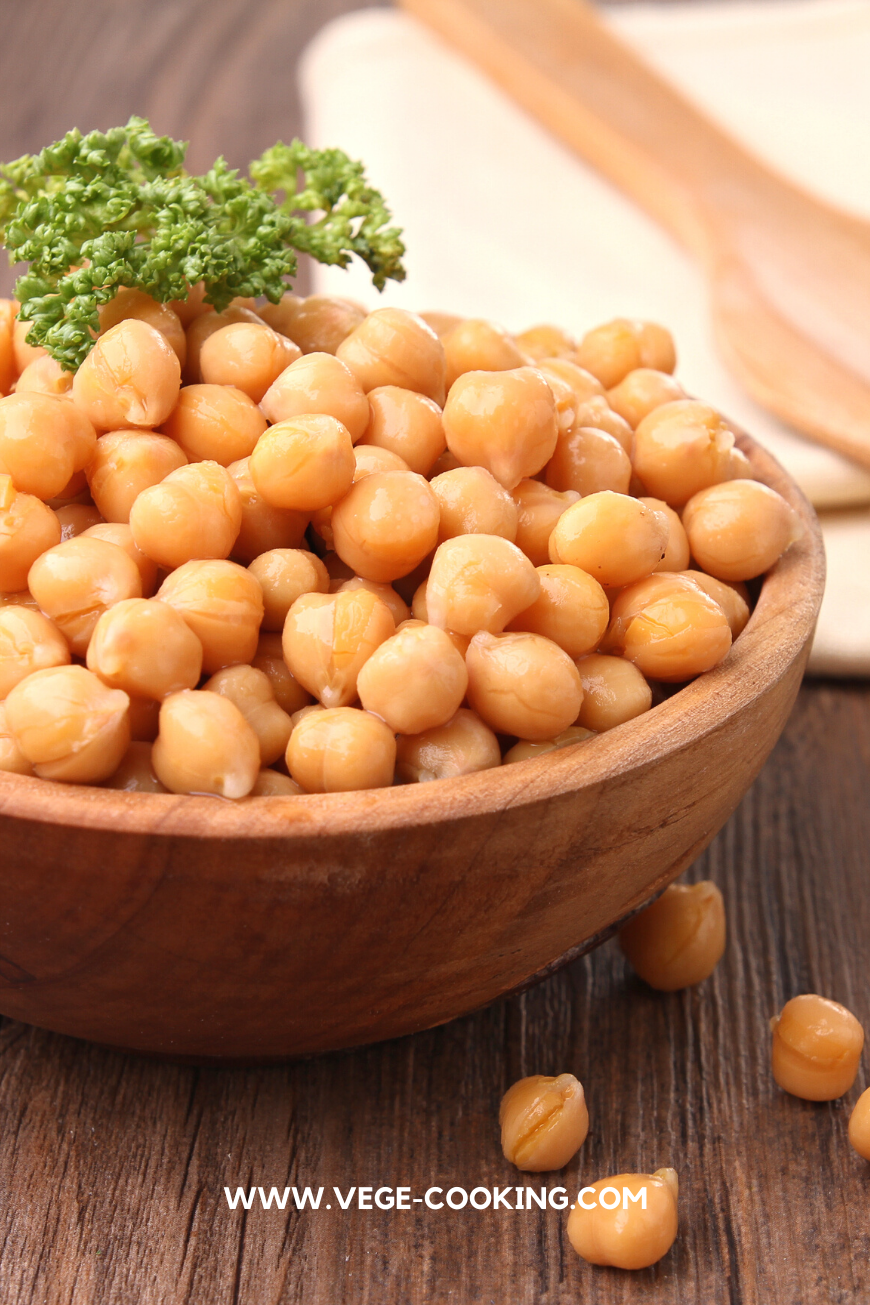
Wondering, How can I teach myself to cook? You've come to the right place! In this blog post we'll give you some easy tips to get started today!

We get it. Life is busy.
Between going to work, raising kids, going to school, making sure the bills get paid on time, and engaging in hobbies, for a lot of people, they've probably just never had the time to learn how to cook.

Statistics on cooking and some motivation!
Did you know that in 2015, according to the US Department of Commerce, just in March alone, Americans were reported to have spent more money at bars and restaurants than grocery stores? Think about what that could mean over the course of a year if those were the findings for just one month out of the year!
So many cooking resources, remember to keep it simple
Nowadays, everyone has a YouTube channel. There are hundreds of cookbooks out there, along with an equal number of food blogs to match. There are even meal-kit subscriptions where a company sends you all the ingredients you'll need to make a meal along with a recipe card you follow along with.
Cooking is similar to math; you need to master the basics before you can get to the complicated stuff. No matter which of these resources you choose, remember to search for the basics of cooking first.
A personal story to remind you you're not alone
I remember giving my friend the recipe to a dish I make quite often, tofu stir fry with mixed veggies, after she tried it once she requested the recipe. Now mind you I adore her, but as far as the kitchen goes, she's all but hopeless. I'm talking, the most she's done is make herself cereal and instant noodles. Just upon reading directions like "heat oil on medium-heat" or "bring contents in pan to a simmer", you could see the defeat on her face.

1) Keep it simple: Choose two to three cooking methods
For truly novice cooks, even recipes that are considered beginner-friendly to you and me can seem daunting. That's why my first recommendation for new cooks is to pick 2-3 methods they can see themselves using often and work to perfect those. The key is to not overwhelm yourself with more than you can handle.
Pick things that you know you'll do regularly. Stir-fries and roasting vegetables is a great place to start! I like that neither requires a very refined so they're truly beginner-friendly. They're also pretty practical in terms of prep time and storing away leftovers.
Even if you mess up, it's not going to be so bad that you have to start all over again, probably just tweak a few things here and there. If you're not comfortable with using the stove or oven, these methods can help slowly change that. Once you get the basic technique down, it'll be a breeze to create a variety of different stir-fries, and of course, when it comes to vegetables, it's always good to include them in as many meals as possible.

2) To build healthy recipes, think of the food groups
One of the pro's of cooking for yourself; you know exactly what will go on your plate!
For true beginners, I recommend sticking to elements that make up the main food groups: fruits and vegetables, protein, whole grains, and calcium (plant-based of course). This way you're not compromising on nutrition. A mix of grains, greens and beans typically covers all of the food groups.
Once you get comfortable with the staples, you can challenge yourself to try out a new ingredient every week/another week to see how far your creativity stretches!

3) Learn to use spices, seasonings and herbs
Now onto the fun part: seasonings, spices & herbs. If the methods and ingredients are the foundation of cooking, then the seasonings and spices are like the cherry on top! I know, this can be overwhelming. There are so many to choose from, how do you know which ones to get?
Think about what flavors you like to eat.
If there's one thing I strongly recommend, it's to opt for dried spices over fresh. They're inexpensive, boast a higher shelf life, and most importantly, they still taste good.
Seasonings help to elevate the existing nutrition profiles in the food you're making so don't be shy to season your food well! Your body will thank you for it!
Figure out the flavors you like best and build your cabinet of essentials centered around that. For example, garlic, basil, thyme, and oregano are commonly found in Italian cooking. Ingredients such as garlic, and salt & pepper, that are used in just about every recipe so make sure to always have those on hand!
Still feeling overwhelmed? Don't despair! Scroll down for the best solution yet!

Still need help?
Take some of our online cooking classes! We feature simple recipes that kids and adults of all ages can successfully master. Plus we walk through every, single step together - live, so you can ask questions!
We offer mom-and-me classes every Tuesday at 4pm so dinner is done after class! Though we gear these classes for parents and kids - all kids, teens and adults are welcome to participate. We also have options for you to reserve virtual private lessons if you feel you need even more help.
Author: Shruti is a current intern and recent graduate from The University of North Texas holding a bachelor’s of business administration degree in marketing. She has a passion for digital marketing, with a focus on social media, and advertising. In her free time, she enjoys baking, watching movies, and going on hikes.

Comments